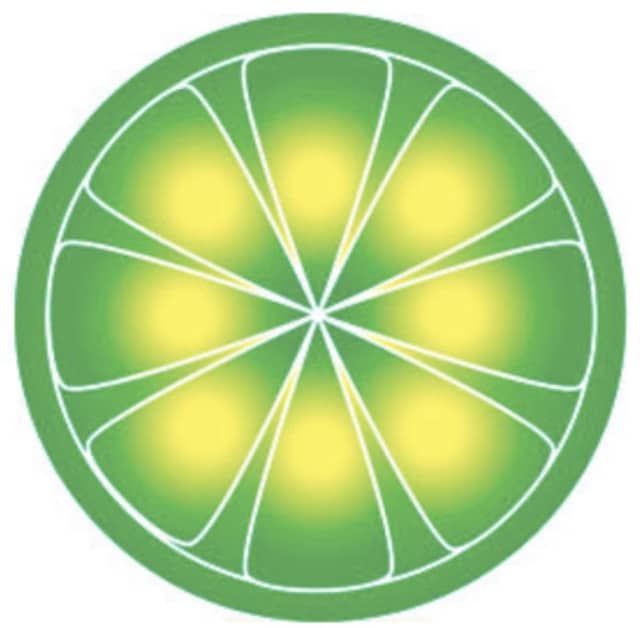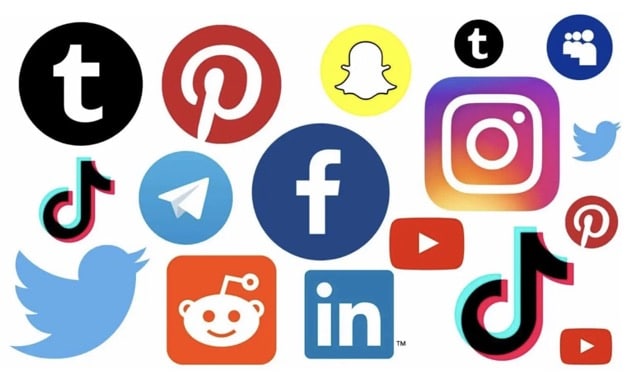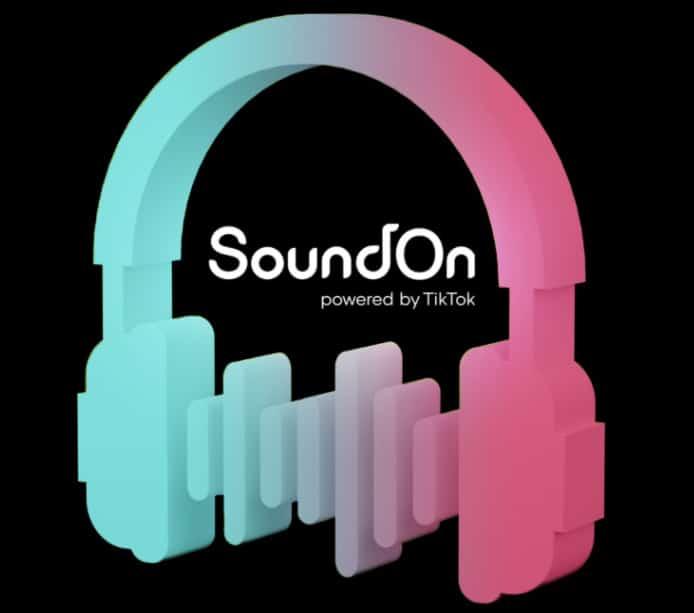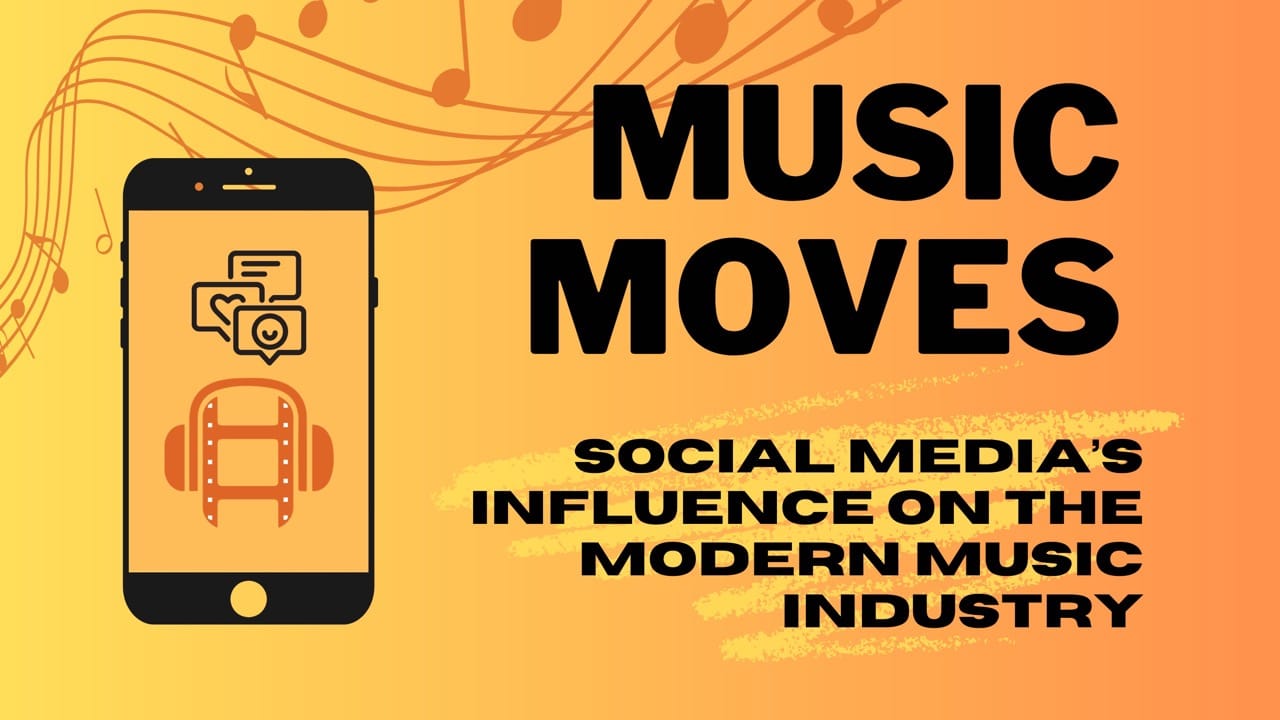Early Influence
Social media has changed the course of just about everything regarding how we socialize, communicate, and consume culture. Twenty years ago, we would hear about new music releases on the nightly news, or when checking out at the grocery store, peering over at the tabloids. Word of mouth and record releases at brick and mortar stores still prove successful for spreading the news that our favorite artist is dropping a new single; but the way we consume new (and old) music today is drastically different than it was just two decades ago.

LimeWire is an early example of how the internet changed the music industry drastically
With the dawn of the internet, music started getting uploaded and consumed in a more convenient, instant manner. Before the internet, we only heard music we didn’t own on the radio; or through a friend who had bought the record; so this drastic change was revolutionary. In fact, the dawn of the internet was so revolutionary for the music industry that artists had to fight for government regulation to stop the instant peer to peer sharing of music on platforms like LimeWire. It was a successful effort, but that’s a story for another time.
That said, as social media platforms started to pop up on the quickly growing internet; like when YouTube went live in 2005; the music industry readily hopped on the social media bandwagon, looking at the new platforms opportunistically.
YouTube is an early example of a place for musicians to spread their music directly to fans and form a community; as the platform encouraged fan interactions in the comment sections. Music fans could start forming online communities, growing loyalty to their favorite artists.
At the time, radio stations were seeing a massive shift away from radio listener rates, as music was becoming more readily available online. As a reaction to new platforms like Youtube, Pandora, and Spotify, the radio station NPR took to utilizing YouTube’s platform in 2008, in an attempt to boost musicians’ reach with their popular series “Tiny Desk Concerts”. To this day, performing on the show is a popular way for artists to share their talent and grow their fanbase, with acts like Mac Miller, Olivia Rodrigo, Erykah Badu, and more having appeared on the show.
The Effect of Social Media’s Prominence
Fast forward eighteen years since YouTube brought change to the music industry; now we have endless social media options like TikTok, Instagram, Twitter (“X”), and Snapchat to name just a few.
This goes to show that the music industry has a long intertwined relationship with the internet and more recently, social media. After all, social media has become one of the most prosperous ways to advertise. One of the newest, yet most ingrained relationships between social media and the music industry is through the platform TikTok, some saying the platform has become “an essential promotional tool for music artists and record labels”.

Social media platforms offer many opportunities to the music industry
TikTok and other social media platforms allow for artists to publicly become more than just the articles written about them on celebrity news websites, providing a platform for self-branding and organic marketing to their fans. TikTok’s compatibility with the music industry goes further than that though, as the platform grew largely based on viral videos of people making dances to songs, old and new.
Music industry artists, studios, and marketers have a close business relationship with the app. From independent artists looking to go viral and form a fanbase, to established artists who are looking to stay relevant, TikTok is the go-to app of the moment. TikTok shares a symbiotic relationship by supporting artists, as music plays a big part in the company’s goal of growing its cultural significance.
It is important to note that social media platforms are not only a way to share an artist’s work, but also a way to create a personal brand; one of the most organic ways to market oneself. Telling the story of the person behind the music helps to sell the music, and it’s hard to deny that TikTok has become an integral part of an artist’s storytelling.
The benefits TikTok offers to those in the music industry do not stop there, as the platform shares a strong relationship with music producers, studios, and marketers as well. Industry marketing teams for artists can pay influencers to play songs in their TikToks, ensuring a massive audience and listener rate for any given featured song. One of the best benefits for studios is that influencers tend to not charge as much as traditional marketing methods would. As WuTang put it, cash rules everything around me, and industry marketing teams have seen the opportunity for dolla dolla bills, y’all.
Through the marketing pipelines of influencers and micro influencers, many fans don’t even realize they’re having music advertised to them, making it an incredibly organic form of advertisement that tends to boost the music on 3rd party streaming services. On TikTok, fan’s have the ability to stitch, duet, tag, or reuse music used by influencers in their own videos. This allows the fan’s to become organic marketing vessels for musicians, promulgating new songs, remixes, and even digging up old classics to be on Billboard 100 again.
TikTok’s parent company has also seen the opportunity for growing revenue streams based on their relationship with the music industry, having launched a new platform called SoundOn in 2022. This platform may, in the future, aim to “identify, sign, and develop new artists”. By proposing the vertical integration of talent scouting, signing, and developing artists, TikTok’s parent company is likely to ruffle some feathers with the music industry leaders that are benefiting from TikTok’s user base

Social media platforms offer many opportunities to the music industry
While TikTok is one of the top influences on the current music industry, it is not the only social media platform affecting the industry. Social media platforms like Instagram are popular places for musicians to post performances through Reels, similarly to how TikTok is utilized. Facebook is a place for groups and communities to connect, share fan-relevant memes, and allows fans to further solidify an artist’s fanbase. All social media outlets are places for artists and labels to share release dates, promote personal brands, and grow an artist’s community in a profitable way.
The Side Effects
A higher potential for artists to go viral, achieve fame, and make more money as an effect sounds great, so what’s the catch? While social media is an incredible tool for artists to spread their work, some artists have expressed burnout with social media as it has become essential to post consistently to maintain relevance and stay ahead of various app feed algorithms.
Established musicians like Post Malone and Halsey are frustrated with their marketing teams for being told to post on social media, as well as maintain their other duties while touring, writing, and recording. Afterall, the kind of personal, organic content that really creates a personal brand can’t be made up by a marketing team alone, the artist themselves needs to create such content. A term called “Tik Tok fatigue” has been coined to describe what many musicians and content creators are experiencing with the constant demand for content to maintain their position with notoriously short attention spanned audiences on social media.
Studios also face a dilemma as they may soon be competing with social media platform’s in-house music labels. A possible future of competing with platforms like SoundOn; owned by the same company that has control of their social media platform’s algorithm; may prove difficult for studios currently reaping the benefits of talent scouting and marketing on social media.
Education Helps You Stay on Top of Industry Trends
The music industry is a historically volatile industry, shifting with the flow of culture often. One thing remains constant though; how important a quality education from knowledgeable industry professionals is to the success of those seeking a career in the music industry.
MediaTech Institute’s “Recording Arts” program offers diverse, hands-on experiences in recording, while also instilling industry savviness needed to stay on top of the fluctuating music industry. Get ready to learn from seasoned professionals and prepare yourself for success in the industry you love by enrolling in one of our programs today.
Take a tour
Are you ready to turn your PASSION into a PROFESSION? Daily tours are available from 10am-5pm and we welcome walk-ins. Each tour will last approximately 45 minutes.
If you’d like to book a tour in advance, you can book by calling the campus directly or by using the scheduling buttons to book online and choose a time that works best for you.

